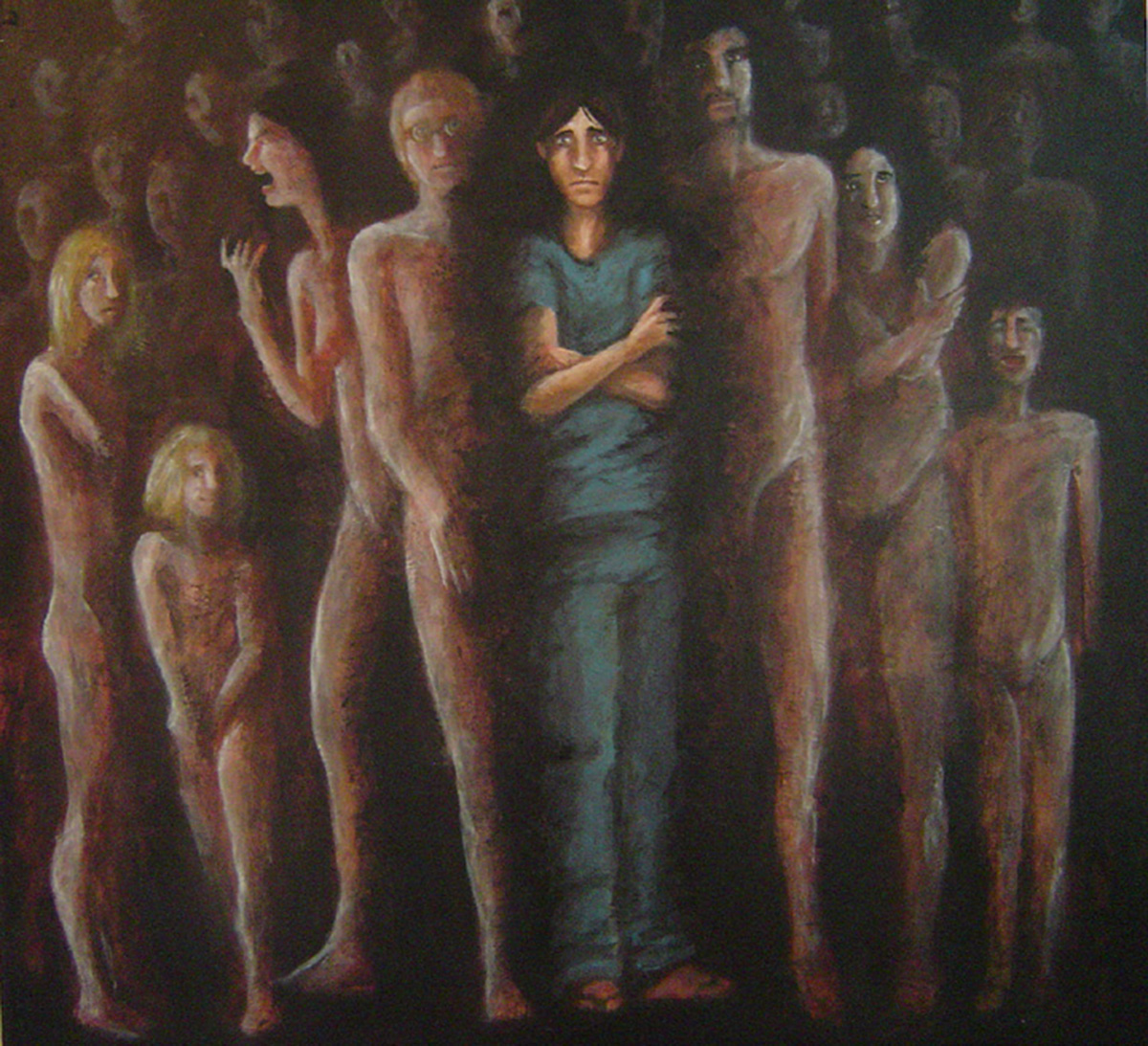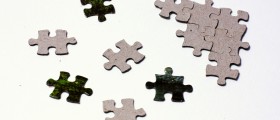
Dissociative Identity Disorder Overview
Dissociative Identity Disorder (DID), previously known as multiple personality disorder is a mental illness featured by two or more separate identities within a person. Every identity has distinctly different behavior, temperament and the way of reacting to the world. However, characteristics of each identity also known as alter ego are opposite of the primary identity. These identities or personality states alternate in controlling an individual’s behavior.
Dissociative identity disorder is a condition in which a person cannot integrate different aspects of his or her personality into one. The person is aware of certain aspects of identity and dissociated of other while under control of one alter ego.
Symptoms of Dissociative Identity Disorder
Dissociative identity disorder is associated with lapses in memory, depression, mood swings, paranoia, phobia, flashbacks and panic attacks. Eating disorders, suicidal thoughts, headaches, insomnia, night terrors and addiction to alcohol or drugs are also common with dissociative identity disorder.
Diagnosis of Dissociative Identity DisorderDissociative identity disorder is diagnosed through psychological interview made by a psychologist. Additionally, physical exam is performed to confirm the diagnosis.
The psychological interview includes use of medications and hypnosis. This is used in order to enable the doctor the easier access to different identities as well as to expose dissociated memories. On the other hand, some experts believe that drugs and hypnosis should not be used in the interviews as they induce symptoms of the disorder.
Treatment for Dissociative Identity DisorderThe treatment for dissociative identity disorder aims to relieve the symptoms and to merge different personality states into one. The treatment also helps to manage traumatic memories and reestablish functioning of a patient.
Different treatment methods are used for dissociative identity disorder:Psychotherapy – it involves psychological techniques created to fuse confronting aspects of the patient’s personality. It also helps the patient to gain insight into the problems.Cognitive therapy – it is a form of therapy that aims to change deviating patterns of thinking typical for dissociative identity disorder.Medications – in the treatment of dissociative identity disorder, medications are mainly used to managing anxiety or mood disorders that may co-exist with the illness.Expressive therapy – this treatment approach for dissociative identity disorder involves use of music or art as a therapy to enable patients to express their feelings and thoughts in a creative way. Clinical hypnosis – this treatment method is used to help the patient to recall traumatic events of the past and resolve them. Behavior therapy – it is a newer method used in treatment of dissociative identity disorder in which the patient is referred to by one name and until he or she responds to the name their needs will not be met.Self-help – this form of therapy is provided through self-help support groups that gather people with the disorder in order to manage their problem together.

















Your thoughts on this
Loading...